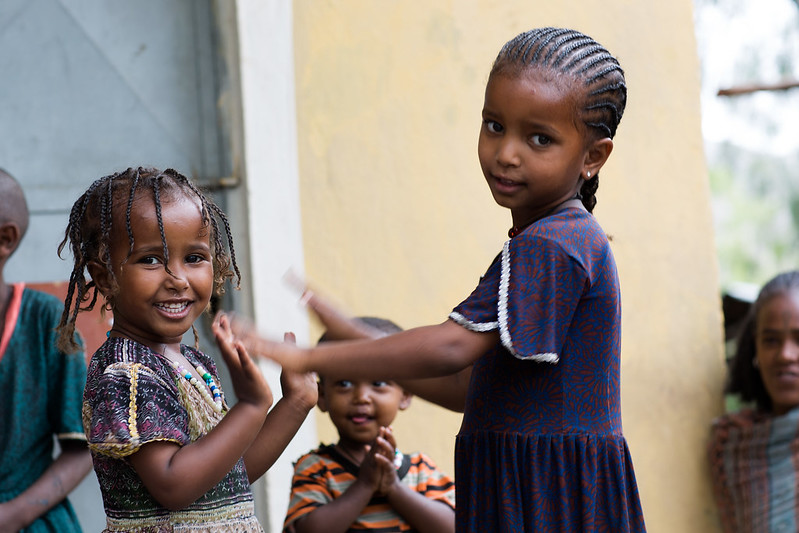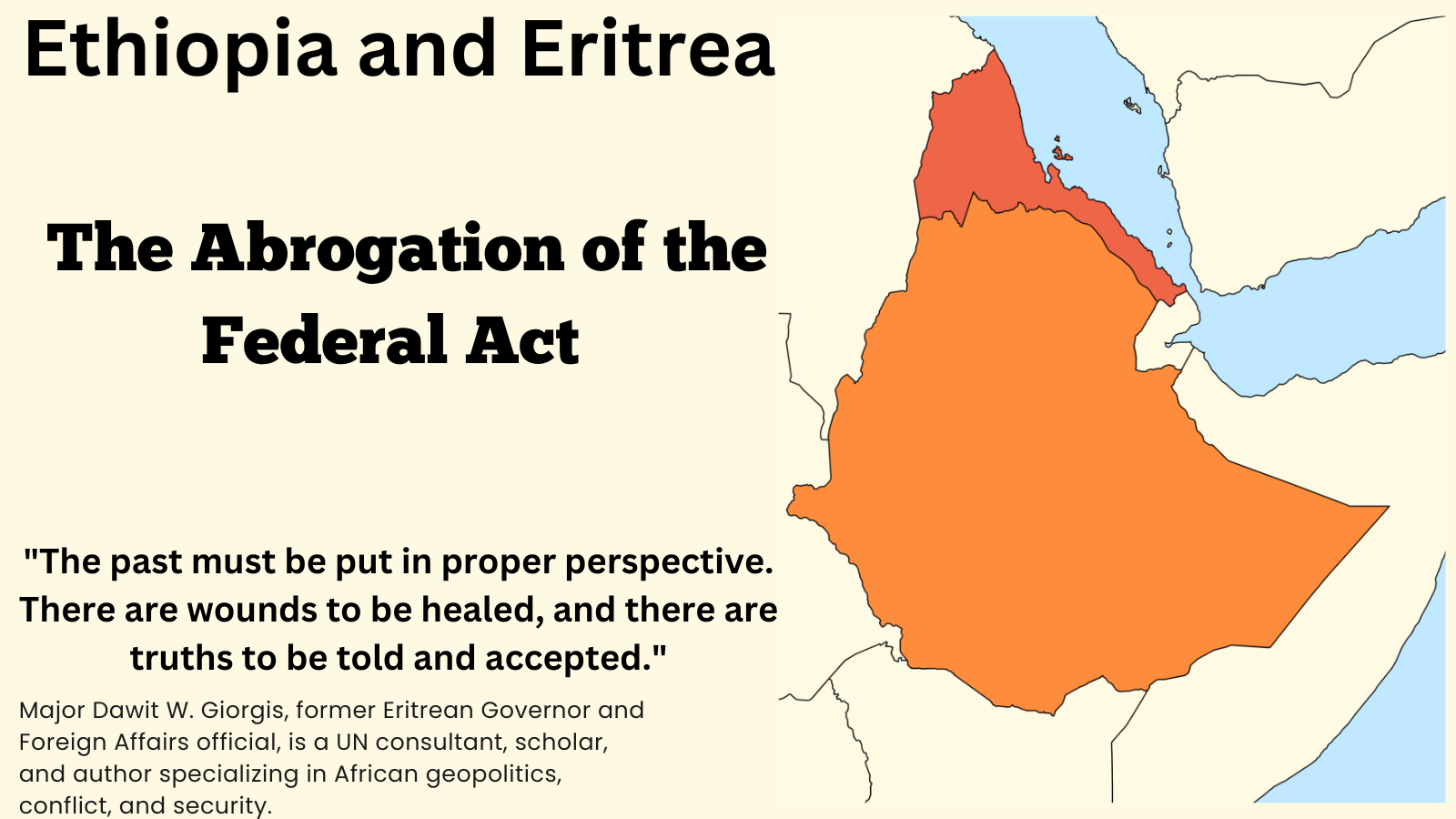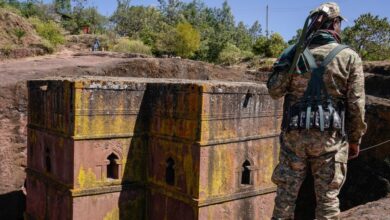Ambassador Irvin Massinga Calls for Peace as Amhara Region’s Education System Crumbles Under Conflict

The U.S. Ambassador to Ethiopia, Irvin Massinga, has sounded the alarm over the devastating impact of Ethiopia’s ongoing conflict, particularly on children in the Amhara region. Speaking at a high-profile event at the Sheraton Hotel in Addis Ababa, Massinga cited a United Nations report revealing that over 4.1 million students have been forced out of school due to the prolonged violence in the region. He also noted the closure of 4,178 schools across Amhara, underscoring the bleak future of education in the area.
Massinga emphasized the urgent need for peace and dialogue as the only viable solution to the conflict, urging Ethiopians to “work together” for lasting stability. His remarks echoed a previous address in May 2023, where he called for a nationwide ceasefire, highlighting dialogue as the only path forward.
The conflict in Amhara escalated following Prime Minister Abiy Ahmed’s military campaign to disarm the Amhara Fano forces, causing widespread destruction. Telecommunications blackouts and a collapsing healthcare system have left millions without essential services. Hospitals and clinics have been looted, with healthcare workers fleeing for safety, worsening the crisis.
However, the education sector has borne the brunt of the disruption. Rural schools have been converted into military bases, leaving students without classrooms and depriving many of access to education. Experts warn that the long-term effects of this disruption could be catastrophic, jeopardizing the future prospects of an entire generation.
A Crisis in Student Enrollment
As the 2024 academic year began in September, Amhara’s education system was in shambles. Of the 7 million students expected to enroll, only 1.5 million had registered by mid-September—a shocking shortfall of just 21%. Many schools, which had been closed throughout 2023 due to the conflict, remain shut, severely hampering registration efforts.
Schools in Ruins, Teachers in Custody
Rural areas in the western and eastern parts of the region have been the hardest hit, with many schools unable to begin the registration process. In North and Central Gondar, ongoing security concerns and military activity have further delayed reopening. Teachers have also been caught in the crossfire. In Gojjam, several have been arrested for failing to enforce registration, while many others are too fearful to return to their posts. Parents are understandably reluctant to send their children back to school amid the chaos.
A Bleak Future for Amhara’s Students
The long-term damage to Amhara’s education system is expected to be severe. With over 4 million students unable to finish the last academic year, and no resolution to the conflict in sight, many schools remain closed. Efforts to send teachers to rural areas have largely failed due to safety concerns, and even urban schools are struggling to reopen.
The consequences for the region’s children could be felt for decades, as millions of students lose access to education and the opportunities it brings. Experts fear that rebuilding Amhara’s education infrastructure will take years, leaving a generation deprived of the chance to secure a better future.




